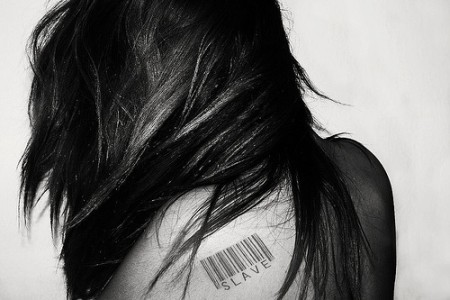By Carol Leigh
The adverse impact of anti-trafficking laws and policies on sex workers rights has been documented extensively for the last decade. Despite calls for change from sex workers, human rights activists, academics and a range of other actors, states around the world have been reluctant and slow to respond. Some analysts emphasise that the states’ use of anti-trafficking laws to limit immigration is largely responsible for this reluctance. I further add that the analysis of the historical development of contemporary anti-trafficking policies is crucial to understanding the escalating criminalization and stigmatisation of sex workers, migrants and other vulnerable populations. I argue that any legal framework centred on ‘crime’, rather than on rights and the structural causes of social ills, is bound to disproportionately and systematically impact the poor and vulnerable.
Saving women from ‘white slavery’: the roots of the anti-trafficking
The roots of contemporary anti-trafficking laws can be firmly located in the prostitution-abolitionist ideology of the late 19th century; a period during which trafficking was also referred to as ‘white slavery’. The white slavery campaigns portrayed a world filled with sexual danger for young white women, seduced and exploited by sinister dark men. Thus these campaigns were driven by xenophobia, racism and classism at the peak of British imperialism.
By the mid-1800s anti-solicitation laws (targeting prostitutes) had become a staple of urban codes. Prostitution-abolitionists joined other anti-vice crusaders in the 1800s, introducing a new strategy. As a precursor to the legislative approach taken by Sweden and other countries today, the prostitution abolitionists held that women were forced into prostitution, and were therefore victims rather than criminals. They also opposed legal prostitution, objecting to[ “…the double standard of sexual morality reinforced by the policing and control of women’s bodies [and] … fought to expand the definition of trafficking to include third party involvement]8, which they argued should be penalised or criminalised.” Then, as today, this legislative and campaign strategy was ostensibly offered in sympathy. However, the criminalisation of third parties drove commercial sex underground and resulted in extreme and dangerous isolation of sex workers, because third parties could include landlords, domestic help, family members, brothel owners and even support among sex workers themselves.






